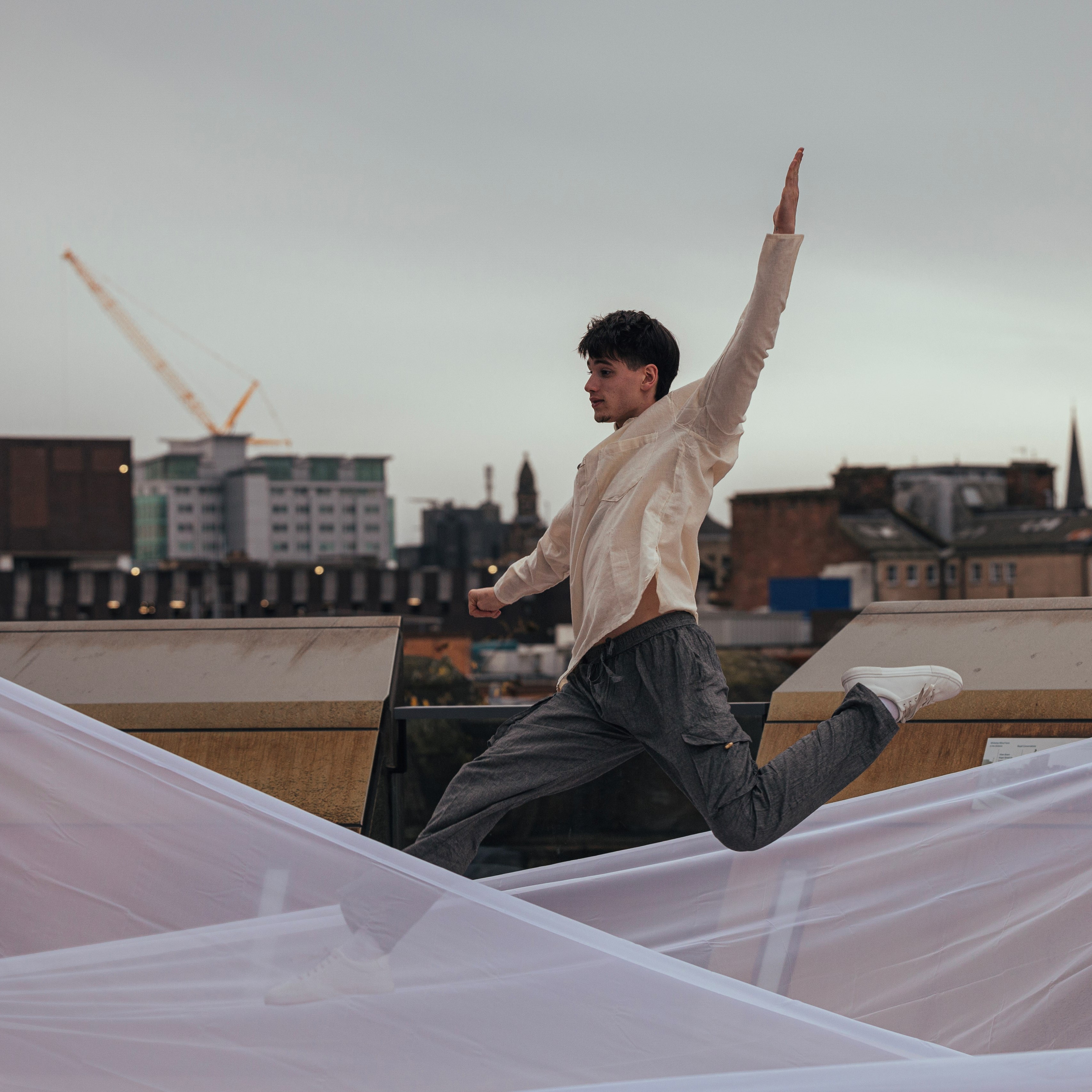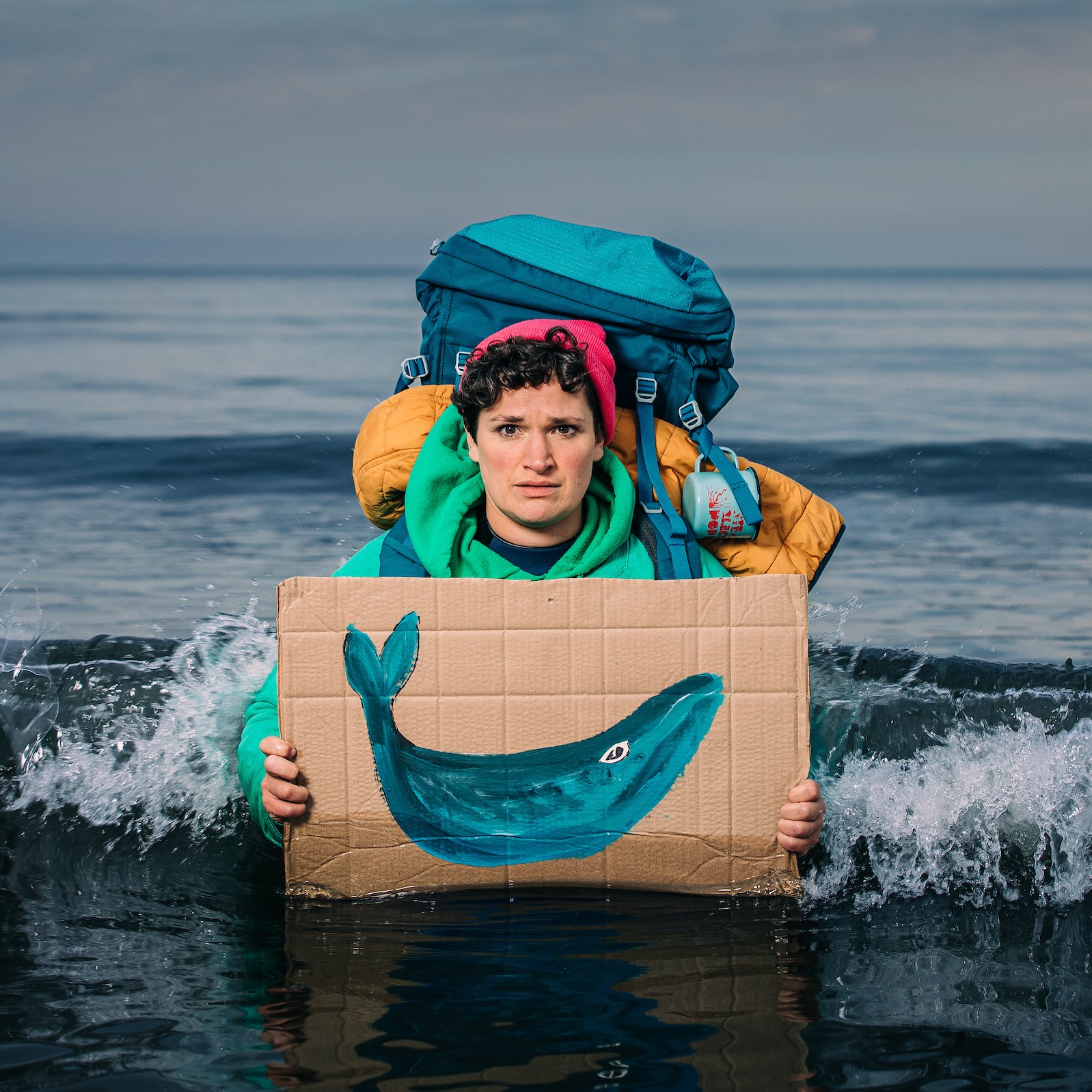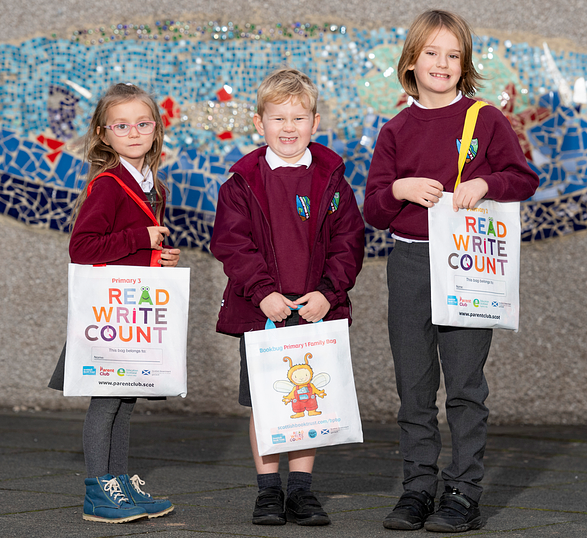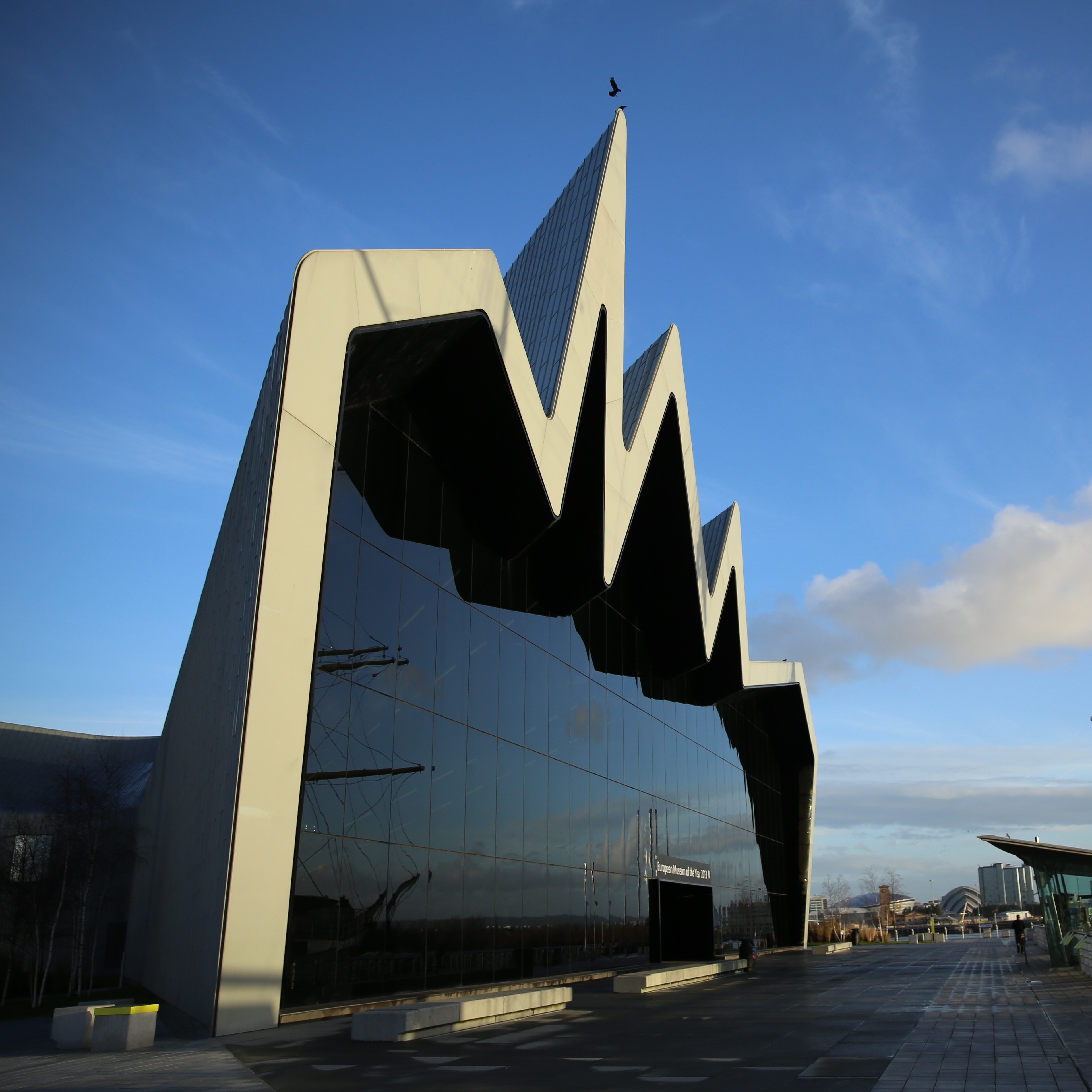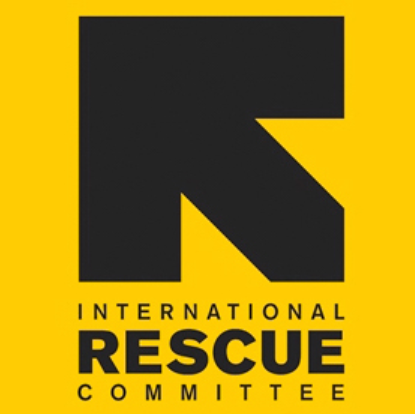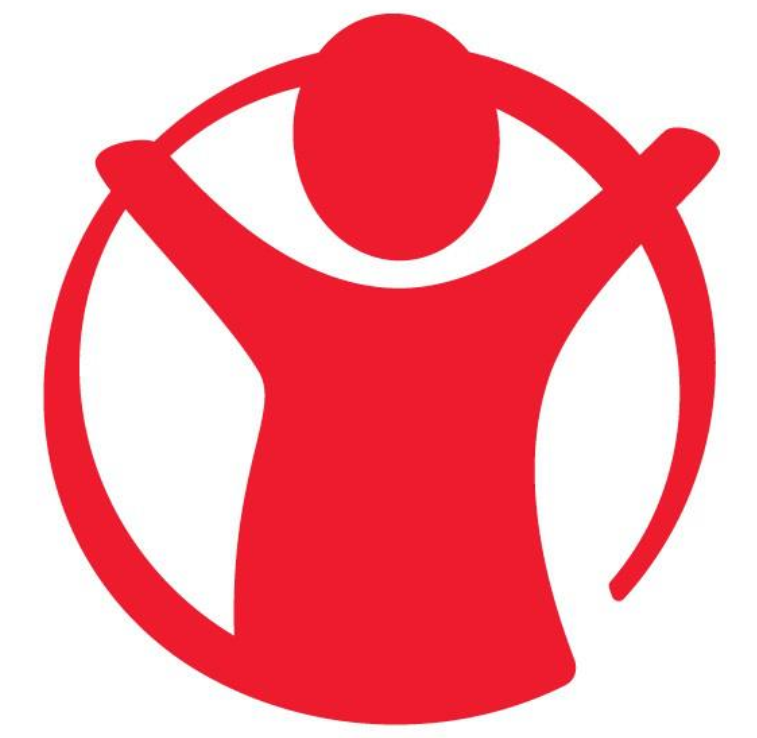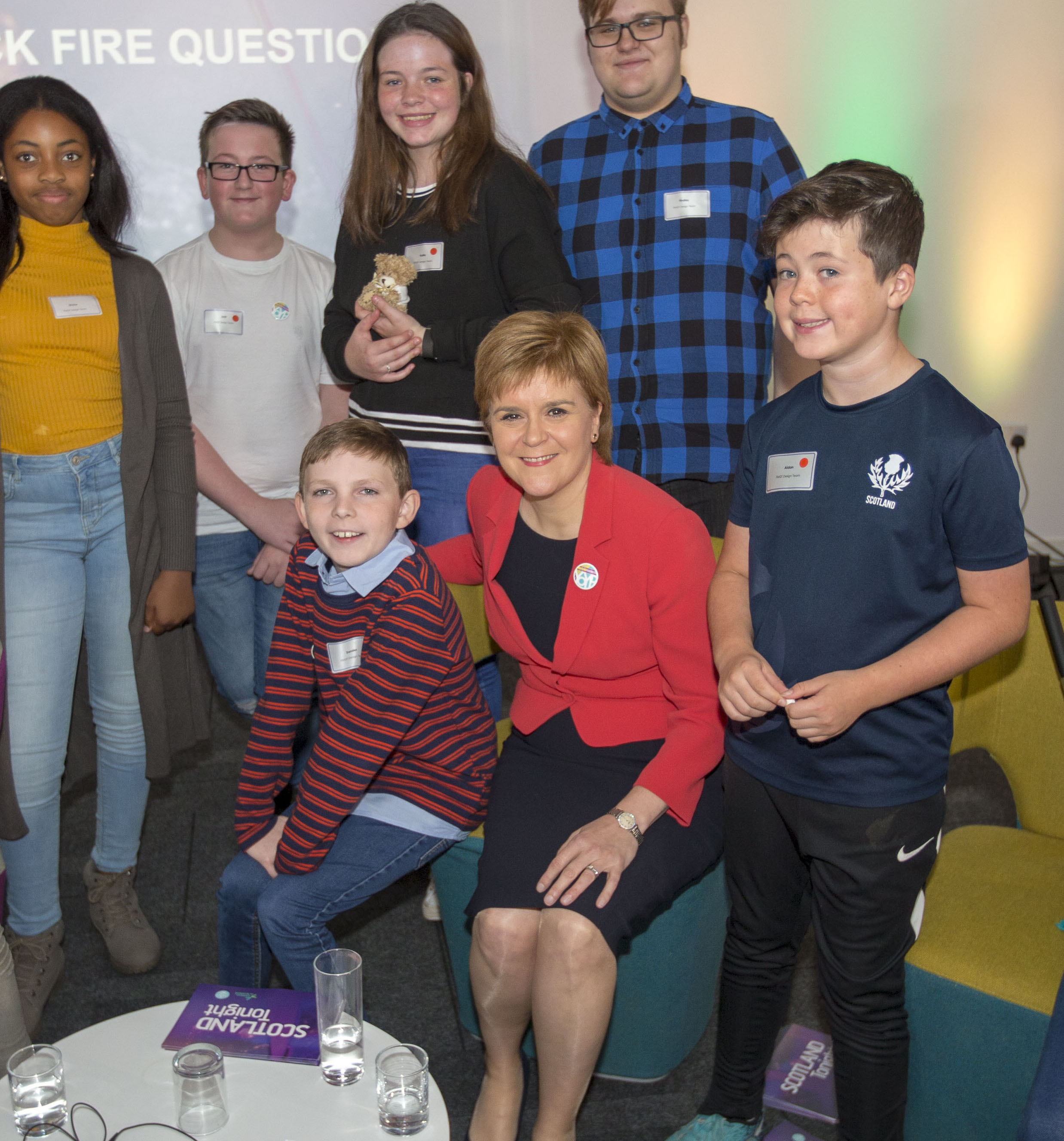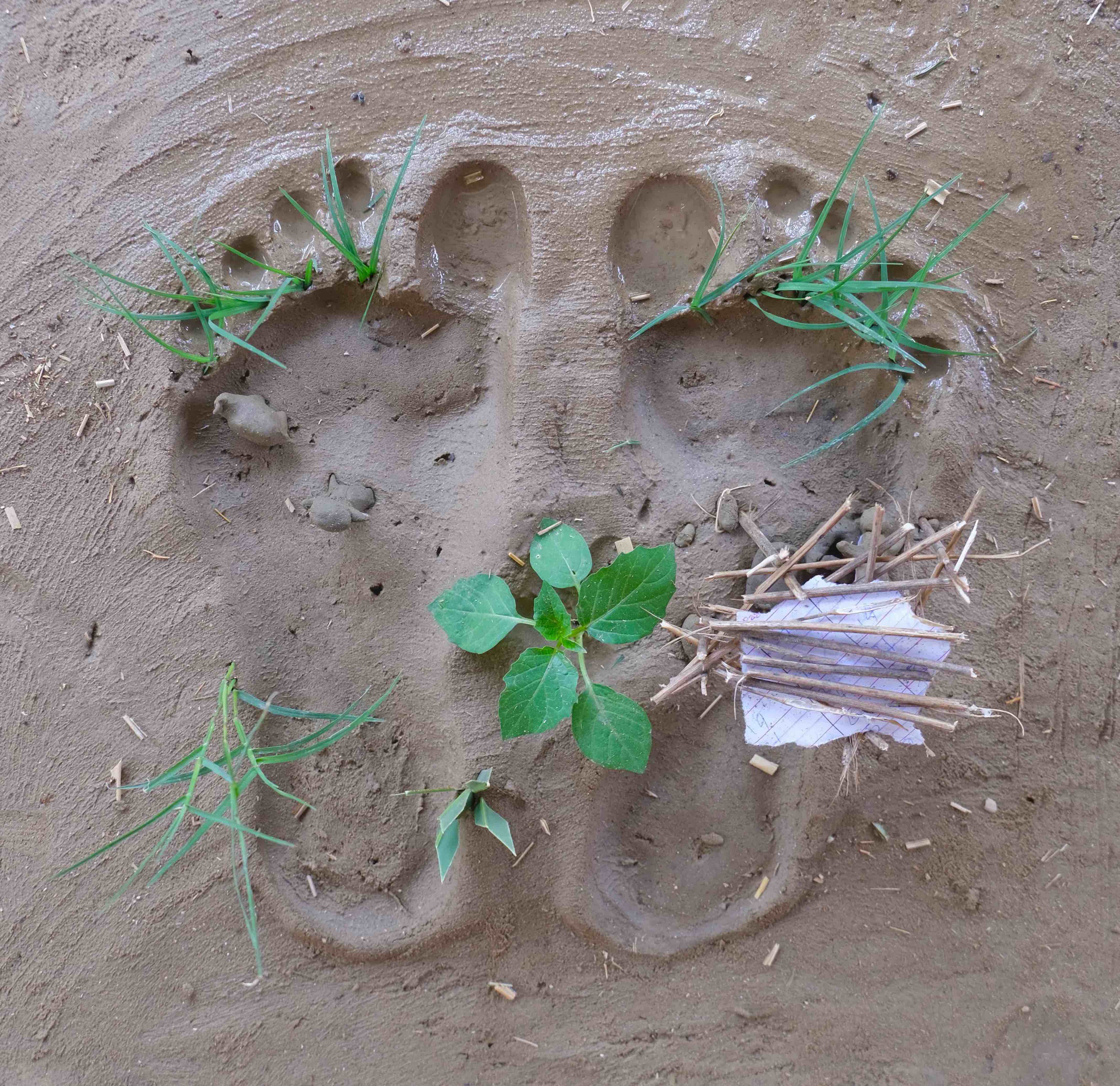30 March 2022
In the midst of despair about the war in Ukraine, our CEO Jude Turbyne reflects on the contribution we can all make to defending children’s rights there and around the world
Two years of wall-to-wall coverage of the pandemic. Two years of high levels of anxiety. Two years of working out new ways of living, being and working. And just as it felt as if we might be coming through the other side, there was suddenly war in Ukraine, with up close and personal footage 24 hours a day.
It has forced us to lift our heads up and look out, and we have seen lots of positive solidarity with the Ukrainian people suddenly affected by violence and displacement.
Conflict will tend to have a disproportionate impact on children. Frequently, wars creep into the domestic setting, essential infrastructure that is needed to guarantee even basic levels of health is attacked, and the vulnerability of children to the outcomes of conflict is profound.
Children in conflict are likely to start going hungry, become ill with preventable disease, lose their chance at an education and be at greater risk of sexual violence. The mental trauma of conflict and war in children is significant and can lead to long-term damage if support is not available.
In short, it becomes almost impossible for the rights of children to be fulfilled in a war setting. And the impact is exacerbated depending on different personal characteristics; for instance, gender, age, disability status, ethnicity, religion and where the child lives. Save the Children and the Children and War Foundation have some good insights into the impact of conflict on children.
Click here for more information on Save the Children
Click here for more information on the Children and War Foundation
It is estimated that already more than 1.5 million children have fled the violence in Ukraine. If you keep going another 4,000 miles south and slightly east of Ukraine, you reach Yemen, where, due to conflict and environmental challenges, at least 11 million children are estimated as needing humanitarian assistance. And Yemen is not even number one in the very depressing top ten of humanitarian crises published by the International Rescue Committee; it is third behind Afghanistan and Ethiopia.
Click here to read the International Rescue Committee’s top 10 humanitarian crises
What can we do in these difficult situations? While we might empathise and sympathise, there is a feeling of powerlessness that comes from the scale of the problems and the fact that they are happening far from home. But while we can’t solve global problems by ourselves individually, there are things that we can do.
Taking the Ukraine situation as an example, there are real practical needs in terms of supporting those affected by the crisis. The best way to help is to donate money. While it might feel tempting to collect goods, it is much easier to source these closer to the conflict, based on the actual needs at the time.
One good route of donating is through the Disasters Emergency Committee which brings together 15 leading UK charities to raise funds quickly and efficiently. As you will see if you go to the site, there is currently also an appeal running for Afghanistan.
Click here to find out more about the Disasters Emergency Committee and consider donating
There will be many people in Scotland who are more severely affected by the situation in Ukraine because of their direct links. Having a listening ear and making sure people have somewhere to go to can be helpful. The Children and Young People’s Commissioner Scotland has produced a good blog where you can find sources of help. It also explains how you can show direct solidarity child-to-child, a suggestion from the Children’s Commission in Ukraine.
Click here to read the blog by the Children's Commissioner
As Ukrainian refugees start to arrive in Scotland, there will be ways of offering practical support and resources at a local community level. The website of the Scottish Refugee Council is a good place go to read about what is happening with Ukrainian refugees.
Engagement with Europe is important to us as an organisation, and always has been. We are members of Eurochild, a network of organisations and individuals working with and for children in Europe. They have a wealth of resources on the Ukrainian conflict available on their website.
Click here to find out about Eurochild’s resources on the conflict in Ukraine
All these examples of partnership and advocacy demonstrate why the power of solidarity should never be underestimated.
Here I’ve reflected mostly on the Ukrainian situation. But I am so aware of the many children around the world who are experiencing conflict or environmental disasters which make it so difficult for their rights to be realised.
Our vision is that ‘all children in Scotland have an equal chance to flourish’. How much better would our world be if, globally, all children had that chance?



